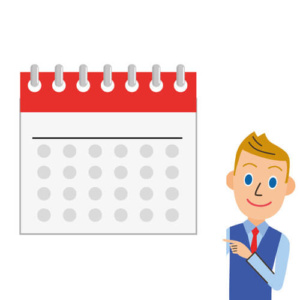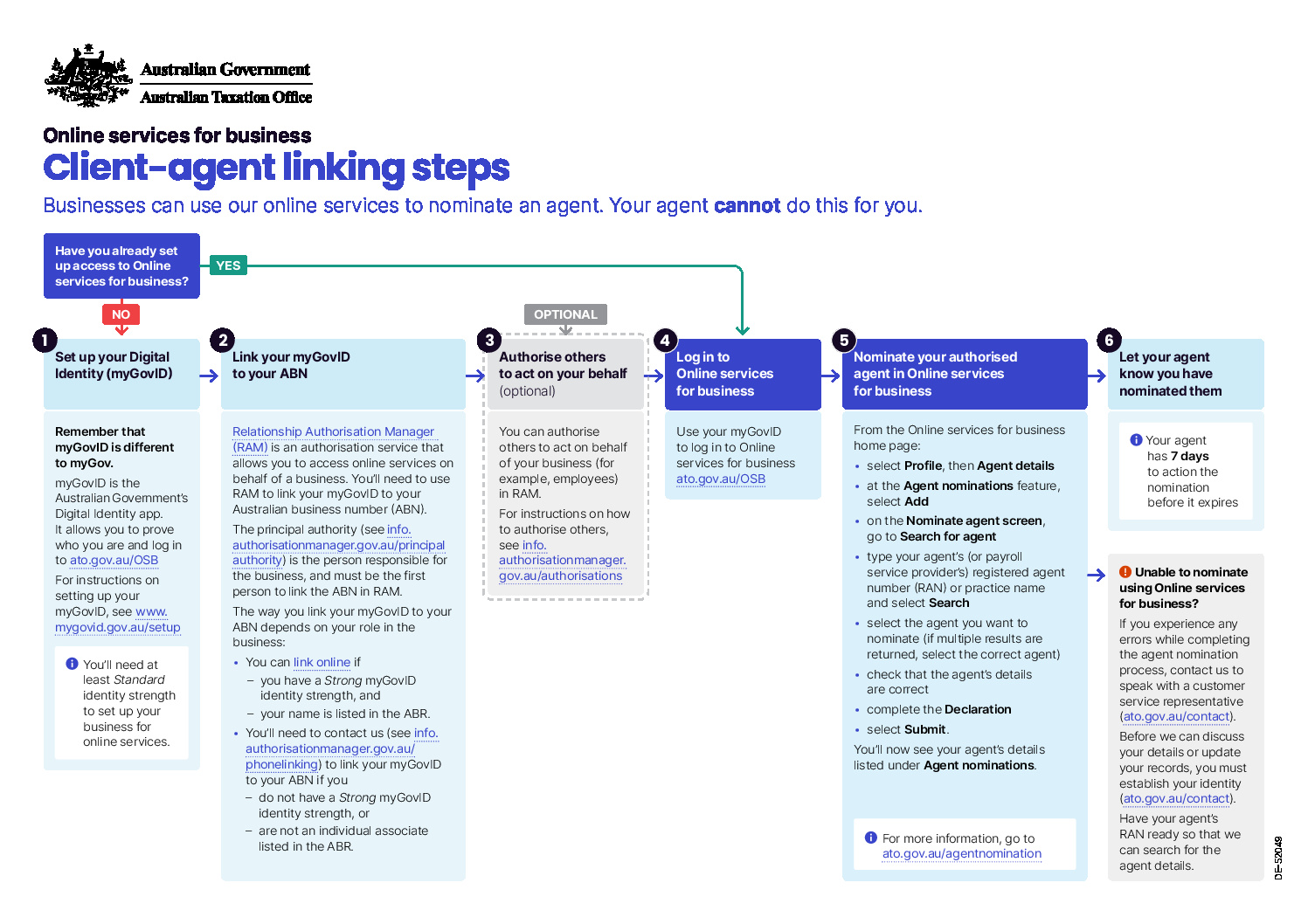One of the major challenges that all businesses face at one point or another is how to deliver information and ideas to and from staff through meetings. Sometimes it can feel like a constant battle and after every meeting you leave feeling either exhausted or that nothing was really achieved. And the reality is, sometimes, you just want to, well, get on with the job.
Over the 17 years, Quill has grown to a team of 60+ and through that growth, we have continually focussed on optimising our team meetings.
From our experience, here are 6 ways to get the most out of your team meetings.
1. Collaborate on developing the objectives

- Begin the meeting with the end in mind and determine what you want to get out of the meeting.
- Ask everyone to make a contribution. Start with writing down one objective from each person in the meeting. Whether they are playing a big or small role in the meeting. This will help you structure your meetings and figure out if a person actually needs to be in the meeting. It also gives everyone a sense of responsibility towards the content of the meeting which will definitely help with participation.
2. Have an agenda

- Once you have your objectives, you can start to organise the structure of the meeting. Group similar objectives together and section the meeting. Allocate a set time for each section and a person to champion that section.
- Send out the agenda a day or two prior to the meeting so everyone can have enough time to prepare.
- Don’t just set it and forget it. Continually update the agenda template to suit your strategic goals. It should evolve throughout the year.
3. Keep a consistent schedule

- Repetition is a good thing when it comes to meeting schedules. Not only is it easier to manage, it allows the team to better prepare. They know when it is each month and they can allocate time to prepare each month.
- Don’t use excel to manage your schedule. This is a common mistake that ends up creating no shows for the meeting. Use something that is used daily in the workplace like your project management software or simply your email calendar.
- Make sure you assign someone to champion the scheduling of the meeting.
4. Stay on time

- You should assign a time keeper to track the meeting. By focusing on time, the team will be able to give priority on important topics.
- Start on time! Don’t wait for late comers. It becomes habit to wait for the stragglers to turn up to a meeting. If you continue to wait for them each meeting, you will create a culture of coming late to meetings. Plus, those who do come on time will start to lose interest in keeping that good habit up.
5. Engage Everyone

- Ensure that each participant in the meeting gets a chance to speak about their objective or topic. Even if they don’t have anything to add, it is always good to ask. Simply by asking each person around the table for their thoughts or if they would like to add anything else will motivate your team members to be active in the conversation.
- Remember, meetings are a good time for discussion. Especially when it is with people who are hard to reach or get a response out of. Just keep that in mind.
- Reduce data sharing and keep the conversation going. Sometimes we get lost in the Big Data sharing that we forget to talk about what needs to be done. Leave data sharing for outside meetings.
- Mix up the roles. Have someone different chair the meeting each time, change up the person responsible for noting down any action items to help you track progress in each meeting or allocate a new time tracker each time.
6. Park off topic discussions

- Sometimes a meeting can get off topic and someone can start to ramble about things that should really be discussed at another time. This is where the chair of the meeting needs to take ownership.
- When this happens, the chair should round off the conversation, park it and assign an action item for key stakeholders to discuss it further offline.
Bonus Tips:
- Try to have a stand-up meeting or meeting in a different setting instead of the boardroom. This will help keep the meeting fresh.
- Try to have a paperless and no technology meeting. Once in a while make the meeting informal. No note taking. No technology. Just people and good discussion.
When done right, meetings are a valuable and productive way to get things done in a business.













